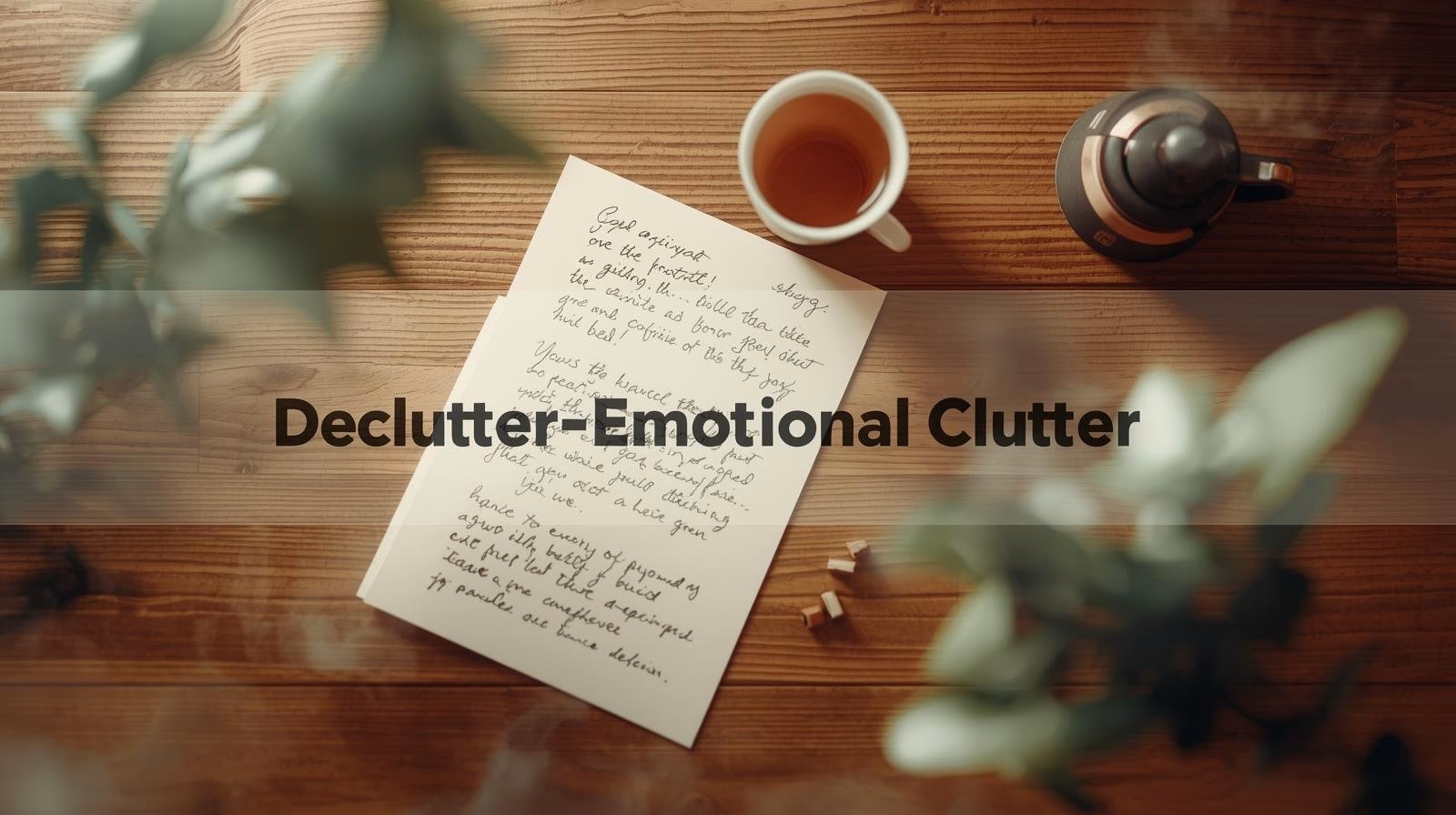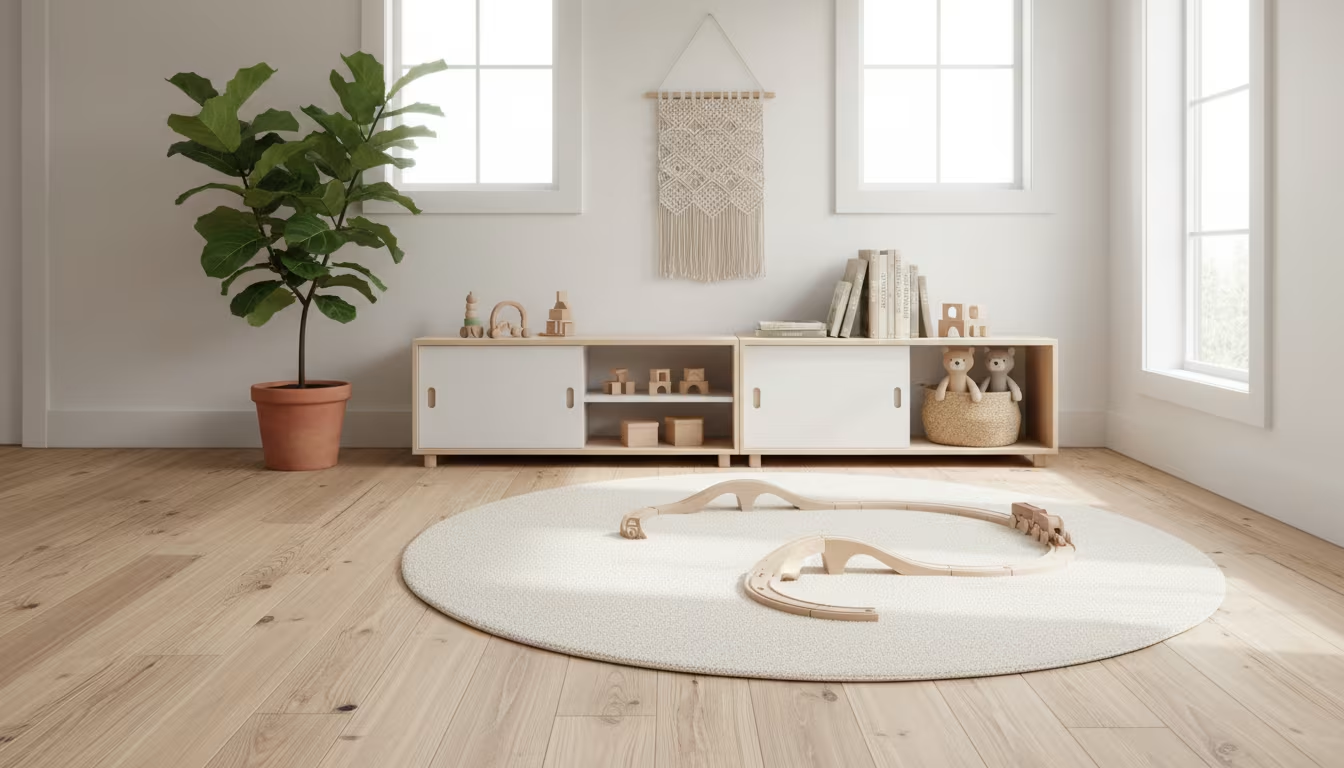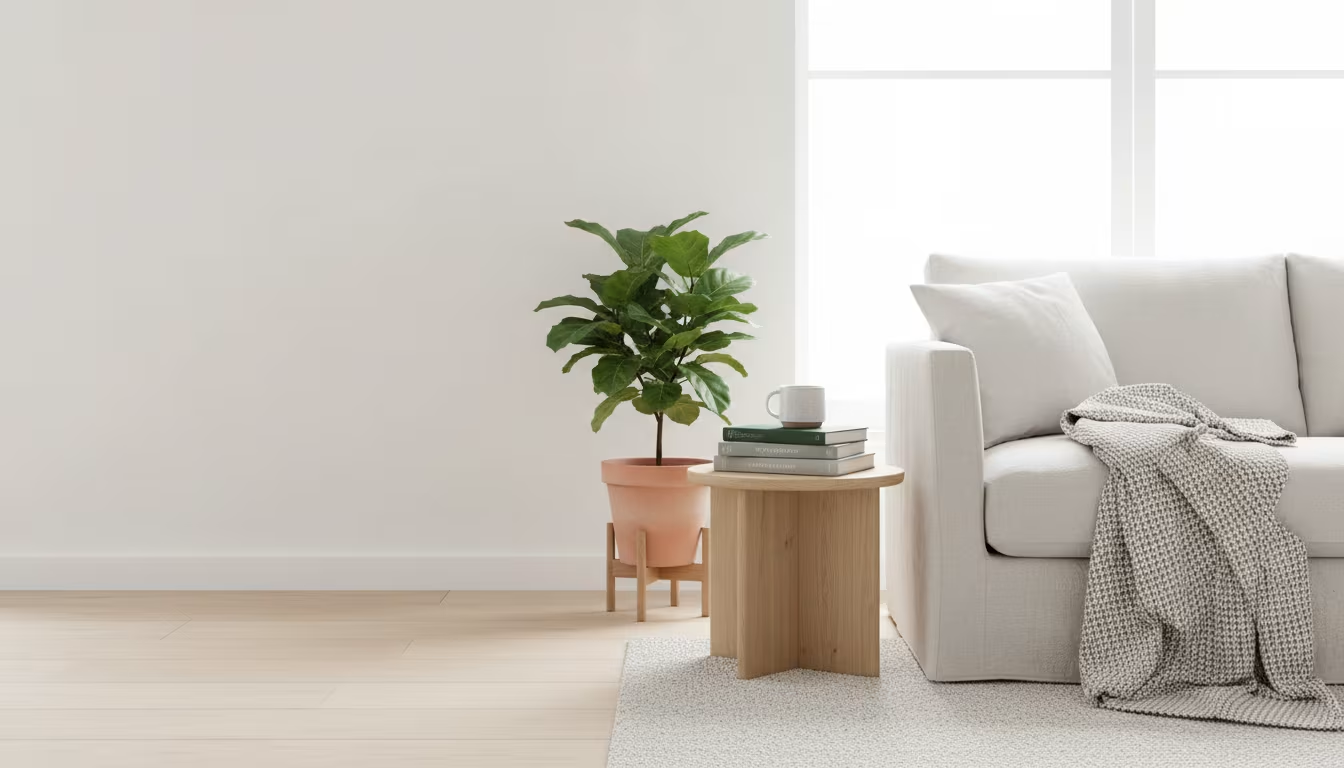When you had your old sweater or your birthday card, did you think to yourself, "I can't throw this away. It means too much." You're not alone. It can be tough to deal with emotional clutter, as it takes up a lot of mental space rather than physical space. It is effortless to become attached to things, so we often find it hard to part with them.
These things are attached to memories, people, and milestones—not like a junk drawer or a linen closet. Here's the deal: when everything is important, nothing is.
Here are five questions you should be asking whenever you feel stuck with something and are not sure whether to keep it or part with it. These questions will help you let go of things without guilt.
1. does This Item Add Joy to My Present Life?
It is very easy to cling to things that used to bring us happiness. But ask yourself, does this make me happy at the moment?
If the answer is no, it's time to let it go. Memories live inside us, not inside things. When house clutter gets too overwhelming, your joy gets sucked out of the present.
Use the 15 Minute Decluttering Tasks That Make a Big Difference method. Set a timer. Grab a little box of "emotional items." See how many you can bear to let go of genuinely in one round.
2. if I Lost This Item Tomorrow, Would My Life Truly Change?
This question can feel harsh, but it's powerful. Imagine the item was gone tomorrow. Would your life, relationships, and memories really change?
Most of the time, the answer is no. It is more important than it really is. Your love for someone or something is not restricted to a jewelry necklace or a program brochure. It's in you.
3. do I Already have Another Way to Remember This?
Sometimes we keep duplicates of the same memory. You might have 50 baby clothes from your kid's first year. But the one or two that you love the most is the one that gives you a deeper feeling that is missing in the other 48.
"Do I have photographs, letters, or anything that already represents this memory? If so, you may not want to keep everything.
The 10-10-100 Decluttering Method can help you determine how many "memory duplicates" you are holding onto.
4. Am I Keeping This out of Guilt or Love?
We hang on to things we don't like – gifts we don't like, items we inherited we'll never use – out of guilt. But guilt is not love.
Your loved ones wouldn't want their things to burden you. By releasing, you honor them and yourself.
You can use a daily reset method like the 5-Minute Daily Declutter Hacks For Each Room: each day, you pick just one item out of guilt to release. Taking small, consistent steps makes the process easier.
5. Could Someone else Benefit from This More Than I Do?
This final question reframes decluttering as a form of generosity. Perhaps you no longer wear that dress, but someone in a nearby closet could. Those baby toys could bring joy to another family.
If it's not adding to your life but would make someone else's brighter, it's easier to let go of.
And if you do not know where to start, check out the EPA's Reduce, Reuse, Recycle guide for great tips on donating and recycling responsibly.
❓ Faq: Emotional Clutter Decluttering
How do I declutter sentimental items without regret?
Can I take photos before letting go?
What do I do with gifts I never liked?
How can I convince myself to let go of family heirlooms?
What's the hardest category of emotional clutter?
Should I declutter emotional items alone?
What to do if my partner won't declutter sentimental items?
Is it okay to keep a "memory box"?
How often should I review sentimental items?
What's the quickest win with emotional clutter?
What about my kids' schoolwork?
Can I repurpose sentimental items?
How do I avoid feeling guilty when donating?
What if I'm too emotional to decide?
Is it bad to keep too many memory items?
✨ Final Thoughts
The stories behind the things are what people find hardest —not the actual stuff. But reflecting on these five questions requires gentle insight.
- Does it bring me joy now?
- Would my life change if it were gone?
- Do I already have another way to remember this?
- Am I keeping it out of guilt or love?
- Could someone else benefit more than I do?
Letting go does not remove the memories from your mind. It allows you to live more clearly and with greater light and love. And that's a gift worth keeping.



